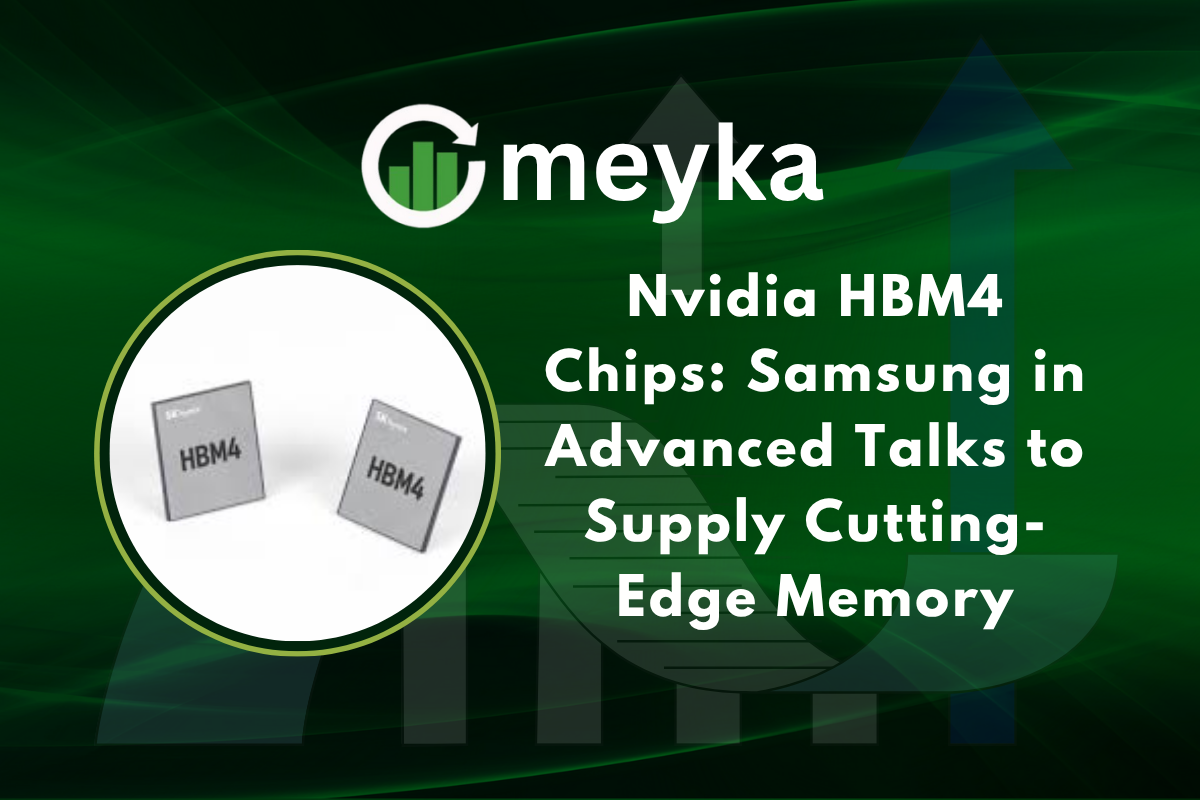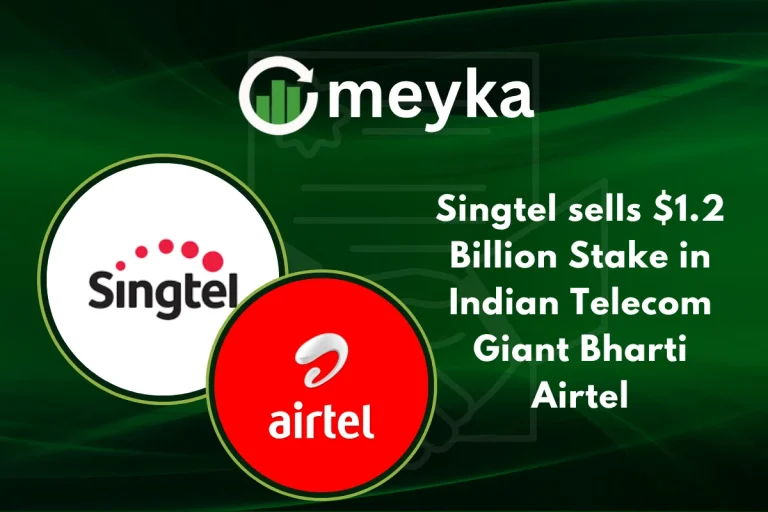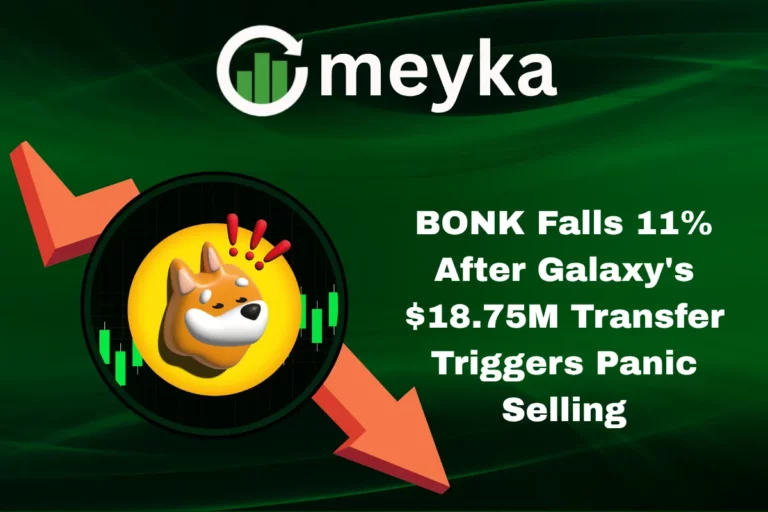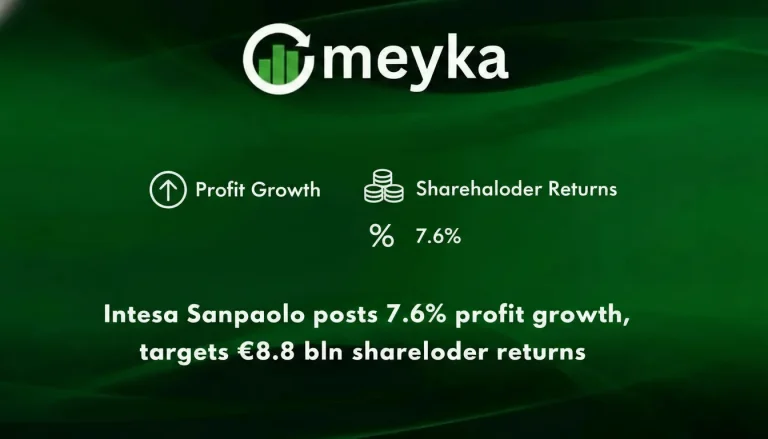Nvidia HBM4 Chips: Samsung in Advanced Talks to Supply Cutting-Edge Memory
Nvidia HBM4 Chips are at the center of a new wave of industry attention, as Samsung Electronics says it is in close talks to supply next-generation HBM4 memory to Nvidia. This potential deal would strengthen South Korea’s role in the global AI supply chain, and it could reshape how AI accelerators and data centers are built.
Continue Reading on Meyka
This article is available in full on our main platform. Get access to complete analysis, stock insights, and more.
Read Full Article →





